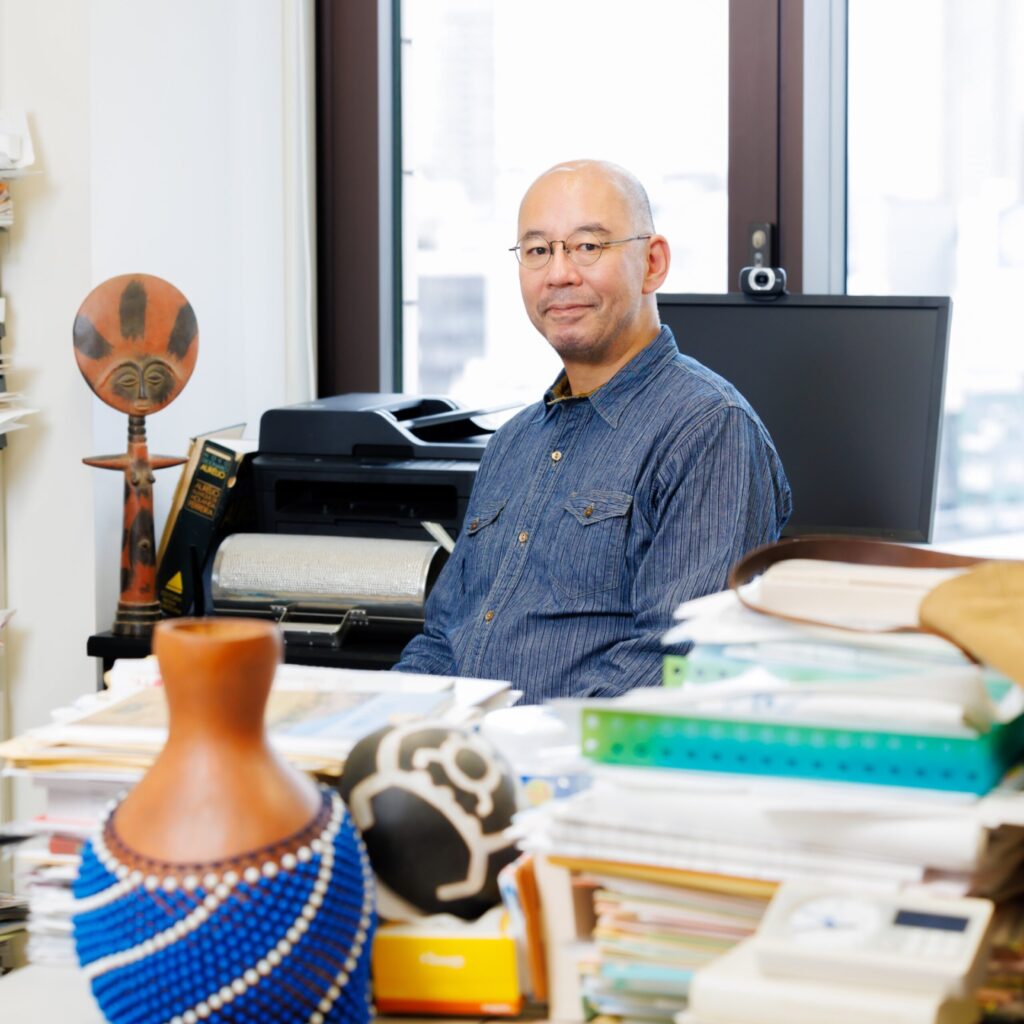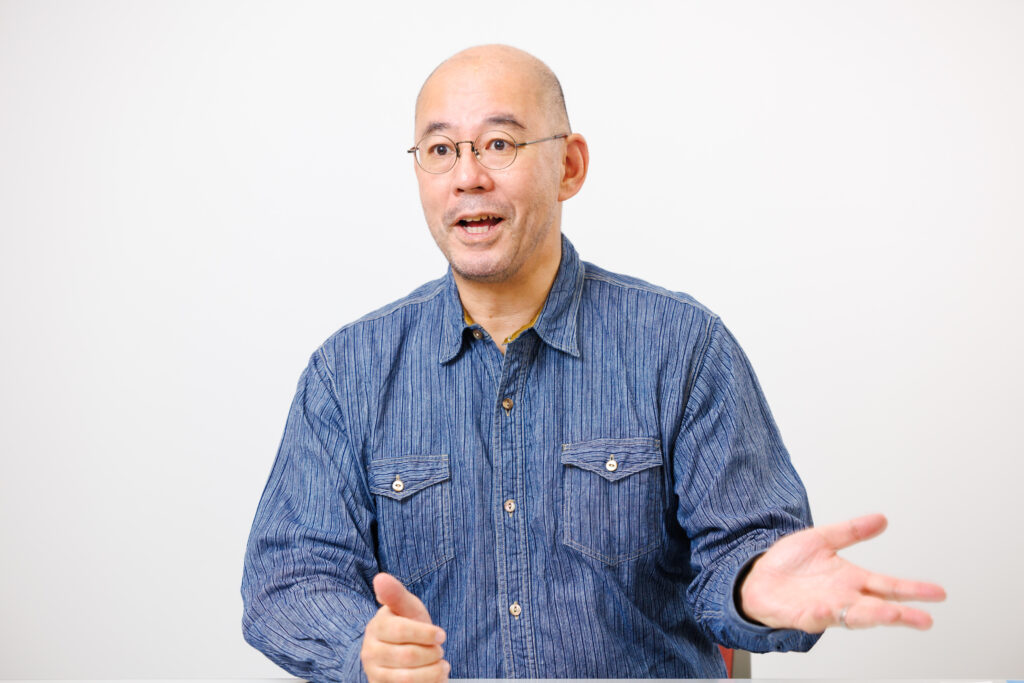
It is not only the African-American population in the US who are seeking a society free of racial discrimination. Professor Yazawa Tatsuhiro of the Faculty of Foreign Studies talks about the often overlooked relations between people of African descent in Brazil and Africans in Portuguese-speaking countries.
My research covers two areas of interest, the first being the history of people of African ancestry and racial relations in Brazil. The second is the political history of sub-Saharan African countries, mainly Lusophone African countries like Mozambique. While at first glance these two research subjects, Afro-Brazilian struggles of anti-racism and African ones of anti-colonialism, may appear to be unrelated, in essence they have much in common.
Afro-Brazilians are the descendants of people taken as slaves from Africa—Brazil is home to the largest population of African descent in Latin America, and the culture of the country exhibits a distinct African feel. Just how have they viewed their ancestral homeland of Africa? This was where I embarked on my research journey.
A letter from Africa in Brazilian black press a century ago

Numerous countries around Africa achieved independence from their colonial rulers over the two decades following the end of World War II. In fact, African-American activists on the other side of the Atlantic in the US played a role behind the independence movements that brought these events about.
As these African countries gained independence and indigenous populations took a prominent role in the international community representing their countries, it formed a source of inspiration for people of African descent in the US, which eventually became the driving force behind the civil rights movement there.
Was there a similar turn of events between Africa and Brazil? I wondered if this was the case, so began looking into documentation available from back in those days. One example of this is the black press that emerged in the early twentieth century as part of efforts by Afro-Brazilians to combat discrimination. It featured a letter from someone in Mozambique stating that they were also seeking better rights for indigenous populations.
It is unclear how news about the black movement in Brazil got to Mozambique, but it remains a fact that Portuguese-speaking people of Black race in Africa and a Latin American country were communicating their ideals with one another, even a century ago.
No discrimination in Brazil—too good to be true
Former Portuguese colonies in Africa like Mozambique and Angola gained independence in the 1970s, following neighboring countries that achieved their independence. At the time, Brazil was ruled by an authoritarian military junta that made it hard to demand human rights or express opinions opposing racial discrimination—despite this, Lusophone African nations achieving independence formed a source of motivation for Afro-Brazilians voicing such demands.
I felt that despite differing political circumstances and a considerable distance away, people of Black race were facing the same universal challenges regardless of where they were.
There are many research efforts into racial issues, but studies on problems of race in Brazil had been kept suppressed as they were seen as critical of the military junta and its administration. Moreover, even before that, the myth of “racial democracy” had spread, and thus domestic and international audiences had long been convinced that there was no racial discrimination in Brazil.
Yet even after the military dictatorship collapsed in the 1980s and civilian governance resumed, Afro-Brazilians still faced underprivileged conditions suffering from employment and income disparity. Various incentives were introduced for people of African descent through the 21st century to combat inequality, but discrimination still remains deeply rooted throughout society today.
It has not only been the horrendous racial discrimination that I have witnessed during my research—it is also the people of Black race, inspired by others facing similar circumstances in countries far away, continuing to express their objection to discrimination and human rights violations, despite being under colonial rule or de facto racial domination.
I am confident that learning about this is an important fact, even for people of Black race living today.
The book I recommend
“Africa, Latin America Kankei no Shiteki Tenkai”(Historical Development of Relations between Africa and Latin America)
by Katsu Yanaihara and Hideo Oda, Heibonsha

When I entered graduate school, I pondered researching the links between Africa and Latin America. At times I thought: “That’s not a viable research topic,” but around that time I found out about this book and it gave me the courage to move forward—discovering this book felt like fate.
-
Tatsuhiro Yazawa
- Professor
Department of Luso-Brazilian Studies
Faculty of Foreign Studies
- Professor
-
Graduated from the Department of Political Science, Faculty of Law, Keio University, and received a M.S. and Ph.D. in Law from the university’s Graduate School. Full-time lecturer and associate professor at Faculty of International Studies, Keiai University, associate professor at Faculty of Foreign Studies, Department of Luso-Brazilian Studies, Sophia University, and his current role from 2015.
- Department of Luso-Brazilian Studies
Interviewed: November 2022